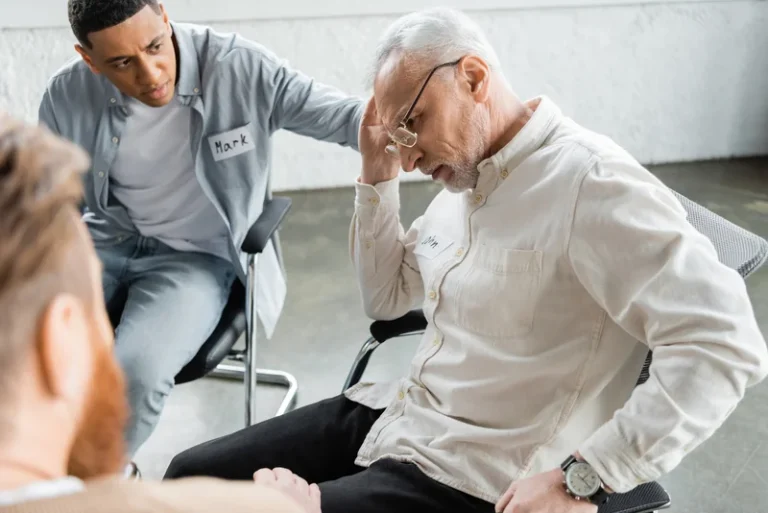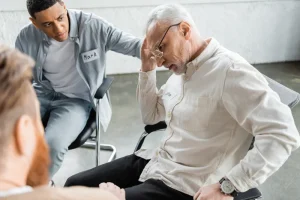Alcoholic Neuropathy: Causes, Symptoms, & Treatments

If the sensation is decreased enough, you may feel actual numbness after drinking alcohol. Just try drinking a Gatorade or another electrolyte-enhanced drink, and that should do the trick. Avoid binge drinking by practicing appropriate drinking practices. This aids in avoiding any harmful repercussions and guarantees a better living.

Common causes
However, you can have a hangover any time of the day—they usually begin between three and ten hours after drinking. Especially if you have been drinking heavily for many years, coping with alcohol use disorder is not easy. But with the proper resources to help, you are better set up for success with waking up with bruises on legs after drinking sobriety.

What Are the Risk Factors for Random Bruising?

Your provider might tell you to avoid certain nonprescription medications or supplements. Bruises may result from underlying medical conditions, age as the skin becomes thinner, or genetics. Many bruises may also result from knocks against objects and usually fade within a few weeks. When the liver experiences damage, it stops producing the proteins required for blood clotting.
- Headaches, for example, are triggered by alcohol’s vascular changes in the brain and by dehydration.
- Factor V deficiency is a rare bleeding disorder in which people lack the coagulation protein factor V, which prevents blood from clotting.
- Alcohol is known to increase inflammation throughout the body, which can lead to pain in the bones and joints.
- Shine365 is your source for healthy living information from Marshfield Clinic Health System.
- Alcohol and unexplained bruising could point to liver damage from drinking.
- This will assist in avoiding dehydration and allow you to thoroughly enjoy your night without any unwanted repercussions.
Vitamin deficiency
It also may cause irritation or pain in the area over the stomach, esophagus, pancreas, gallbladder, and liver. There Sober living house is a long list of disorders and diseases linked to excessive alcohol use. If you still feel light-headed, have diminished coordination, or if you have a rapid heart rate or a weak pulse, you should seek medical attention. Often, intravenous (IV) fluids can help alleviate the symptoms. But sometimes severe issues, such as vomiting or coughing blood need to be addressed with more intensive medical attention. The temporary effects include immediate and delayed effects—a hangover is caused by the delayed effects of alcohol.
Product Reviews
In general, it takes years for alcoholic neuropathy to develop, so a long-standing history of heavy alcohol use is typical. Some people experience a faster onset and progression of alcoholic neuropathy than others. It’s not completely clear why some people are more prone to this complication than others. People with a lengthy history of alcohol misuse might experience loss of balance, pain, tingling, weakness, or numbness after drinking alcohol.
Drunk vs. Hangover
People that are active should take special precautions while participating in physical activities to prevent injuries that could lead to bruises. This can be done by wearing protective gear while you play sports or engage in other physical activities that could lead to bruising. Sex can also affect bruising, as those born female tend to bruise more easily than those born male. However, if bruising happens frequently, is severe, and takes a while to heal, it may be a symptom of an underlying condition that needs medical attention. Some autoimmune conditions, such as rheumatoid arthritis and lupus, may cause unexplained bruising. The following are a few of the possible conditions that may cause random bruising to appear on the legs.
- What you’re technically experiencing there is a drop in your blood pressure, which causes the heart to work a little harder than usual to pump blood to the rest of your organs.
- Your provider might tell you to avoid certain nonprescription medications or supplements.
- There is a long list of disorders and diseases linked to excessive alcohol use.
- It increases the risk of many types of cancer, high blood pressure, heart disease, and stroke.
If your liver isn’t functioning properly, it will not make enough clotting factors, which makes you more prone to bruising and bleeding. Some people may bruise more easily than others, and unexplained bruising on the legs is likely a case of a minor injury that the person forgot about. In some instances, symptoms of a hangover can begin before the effects of alcohol have worn off.

If you or a loved one has a chronic drinking problem, it is important to seek professional help. Alcohol abuse can cause health problems, as well as social, interpersonal, and work issues. While they generally resolve on their own after several hours, there are some strategies for managing a hangover. But they can cause major health issues, especially if you are not in good health to begin with. With alcohol ingestion, the effects on the liver are generally long term effects that are not noticeable until years of liver damage have caused liver failure. In some instances, however, delayed short term effects can be symptomatic.
- As liver functioning declines from chronic alcohol misuse, a person is likely to bleed and bruise easily.
- A hangover is a common condition that occurs hours after alcohol consumption.
- Pain along with drinking alcohol has been linked to Hodgkin lymphoma, a type of blood cancer that is highly curable.
- Unfortunately, most of the research shows that alcohol hangover remedies aren’t really effective.
Constant pain in the hands or feet is one of the most bothersome aspects of alcoholic neuropathy. The pain can feel like burning, throbbing, or sharp pins and needles. As the condition progresses, the pain may vary in intensity, sometimes diminishing for months before worsening again. Alcoholic neuropathy signs and symptoms can progress gradually and are usually subtle at first.
Medication
Without treatment, these may increase, join together, and form larger bruises. Bruising occurs when blood becomes trapped under the skin, usually following an impact injury that damages small blood vessels. Coagulation, or clotting, is your body’s ability to seal a wound and stop bleeding.
Leave a reply →